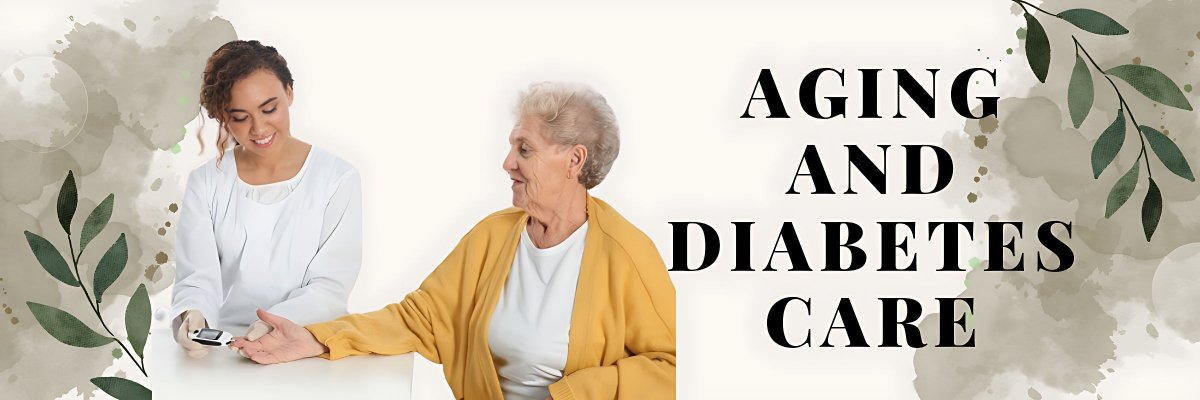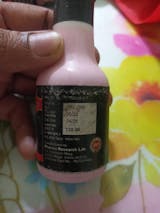Aging and diabetes are two important health problems that can most likely be resisted by lifestyle changes, the former aided by recent advances, and health conditions. However, it is possible to keep these problems under control with proper care. Aging adds to the physical and mental changes. These problems can be controlled by taking care of an elderly person. diabetes care
Optimizing Aging Diabetes Care:
Physical changes: Becoming less physically active with age, loss of muscle mass, and weight gain can affect diabetes control.
Medications: Seniors often take medications for other health problems that may react with diabetes medications.
Complications: Older adults are at greater risk of diabetes complications, such as heart disease, stroke, kidney disease, and blindness.
Tips for Elderly Diabetes Care
Regular blood sugar checks: It is important to check blood sugar levels regularly and keep them within target range.
Healthy eating: Eat a diet rich in vegetables, fruits, and whole grains and avoid unhealthy fats, processed foods, and sugary drinks.
Regular exercise: Try to exercise for at least 30 minutes every day.
Weight control: Maintaining a healthy weight helps control diabetes.
Some additional tips for elderly diabetes care
Talk to family members: Talk to your family members about your diabetes and let them know how they can help you take care of you.
Learn about diabetes: Learn as much as you can about diabetes so you know how to control it.
Manage stress: Stress can increase the level of diabetes. Practice activities that help reduce stress, such as meditation, yoga, or deep breathing exercises.
Join a support group: Join a support group to connect with other seniors with diabetes.
Diabetes: Diabetes or blood sugar disease is a metabolic disease that causes high blood sugar levels due to the release of insulin in the body. This can lead to a type of progressive instability and increase the prevalence of other health problems.
Healthy diet: It is important to control the amount of sugar and carbohydrates in the diet.
Regular exercise: Blood sugar can be controlled through regular physical activity.
Personal health and healthcare can be improved by taking care of these issues. However, it is important to proactively communicate with the doctor and acknowledge support.












